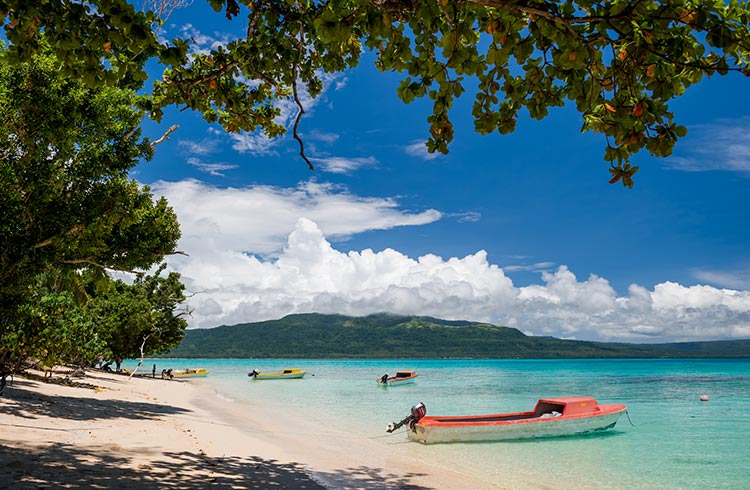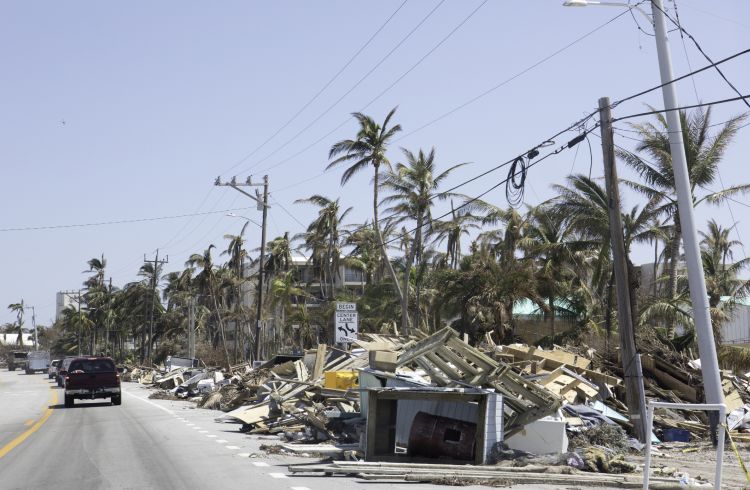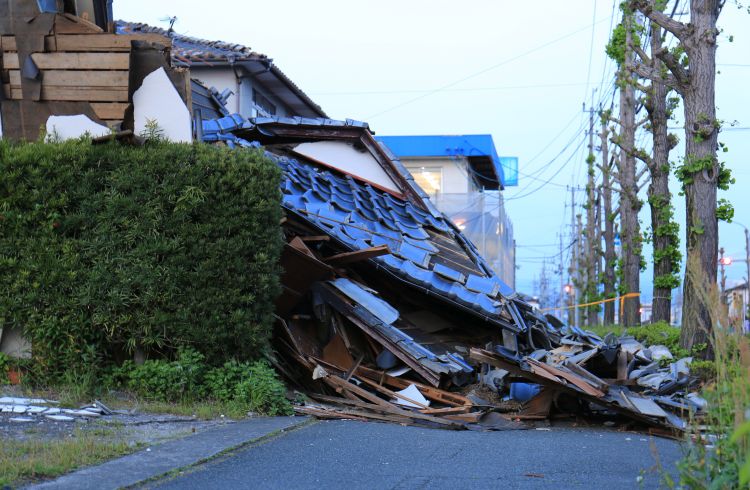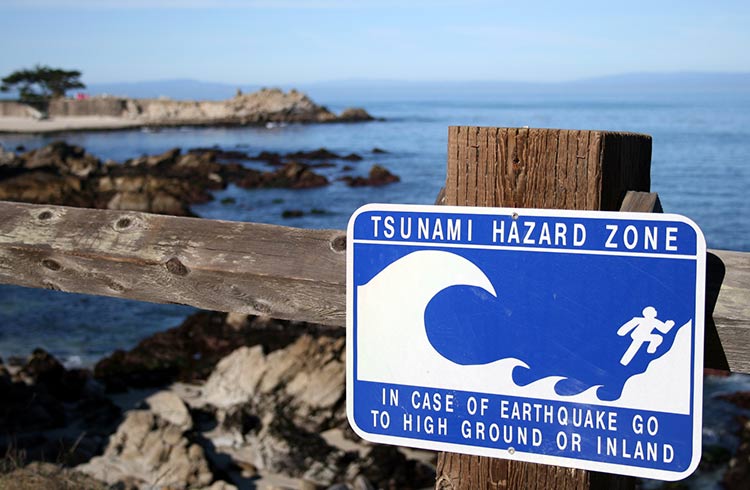Is Vanuatu Safe? Tips on Volcanoes, Earthquakes & Crime
Vanuatu is not a crime hot spot, but watch out for these natural dangers and stay safe with these handy tips from our travel safety expert.
 Photo © Getty Images/Max shen
Photo © Getty Images/Max shen
Find out how to stay safe in Vanuatu with these tips, from The Bends or a huge Kava hangover, sunburn to dehydration and local crime, here's what you need to know.
For most travelers, the only real risk is a hangover from too many cocktails at the swim-up bar, but that doesn't mean you shouldn't be aware of all the risks.
Is there any crime in Vanuatu?
Vanuatu is not a major crime hotspot, more like a slightly warm or even a tepid one. Crime in Vanuatu is low, but it is on the increase, and travelers have sometimes been the target of petty crime.
Robberies, assaults and sexual assaults against foreigners have been known to occur. Women in particular should avoid going out alone at night or to isolated locations.
Petty theft is an increasing problem. Keep your accommodation locked at all times and if possible your valuables stored in a safe.
From time to time prison breakouts occur and inevitably crime rates increase in the period following. Keep your eye on the local media and any safety alerts from locals. When breakouts do occur, keep your valuables locked up and stay away from any potential high crime areas.
Cyclone season in Vanuatu
We've all seen the photos, crystal clear water, white sandy beaches, cloudless skies – what possible risk could Mother Nature pose in Vanuatu?
Well, from November through April the Cyclone Season is in full force and usually causes flooding, landslides and major disruption to services. And Mother Nature doesn't always stick to the script, cyclones can occur at any time throughout the year.
The Vanuatu telephone directory has advice on the Vanuatu Natural Disaster Management Organisation's colour coded cyclone alert system. The directory also provides details on the basic safety procedures people should follow in the event of a cyclone threat.
You should also familiarize yourself with your hotel or accommodation evacuation plans. You should carry your travel documents with you at all times (i.e. passport, photo identification) or secure them in a safe, waterproof location.
Earthquakes and seismic activity in Vanuatu
There's a massive fault line that lies underneath many of the islands in the Pacific – which means earthquakes, tsunamis and volcano activity are a threat to sunny Vanuatu.
Earthquakes are just a fact of life in Vanuatu. On Boxing Day 2010, a 7.3 magnitude earthquake occurred offshore 142mi (230km) south of Port Vila. The earthquake caused a small tsunami which left minor property damage on the island of Tanna. Smaller earthquakes followed, including one three days later 5.0 magnitude 18mi (30km) north of Port Vila.
Since January 2010, Vanuatu authorities have issued alerts for the volcano Mount Yasur on the island of Tanna. Volcano activity levels can change quickly. You should always contact the Vanuatu Tourism Office for the latest advice on volcanic activity. Alert levels and accessibility to volcanoes can change quickly.
If a natural disaster does occur during your stay or a warning is issued, follow the advice of local authorities and monitor local radio stations for updates.
Local customs in Vanuatu
Like many Pacific Nations, people in Vanuatu are relatively conservative. Revealing clothing (especially wearing bikinis or going shirtless in the capital) is not advisable, it's considered disrespectful to the local people and can be interpreted by some indigenous inhabitants as an invitation for sex.
Getting around Vanuatu safely
Throughout Vanuatu, roads are not well maintained and extra care should be taken when driving.
Public transport vehicles are often in a poor state of repair and while inter-island boats are required to have a current seaworthiness certificate, many do not and their seaworthiness cannot be relied upon.
Also, high safety standards by tour operators are not always met, especially for adventure sports or diving. Sufficient life jackets and adequate safety equipment may not be provided. Recommended maintenance standards and safety precautions may not be observed. Always check the tour operators' credentials and safety equipment beforehand and ensure your travel insurance policy covers your planned activities.
To avoid trespassing on any of the islands, permission should be sought from local landowners before accessing non-public areas, including beaches. Some landowners may charge a fee for access.
Related articles
Simple and flexible travel insurance
You can buy at home or while traveling, and claim online from anywhere in the world. With 150+ adventure activities covered and 24/7 emergency assistance.
Get a quote


No Comments